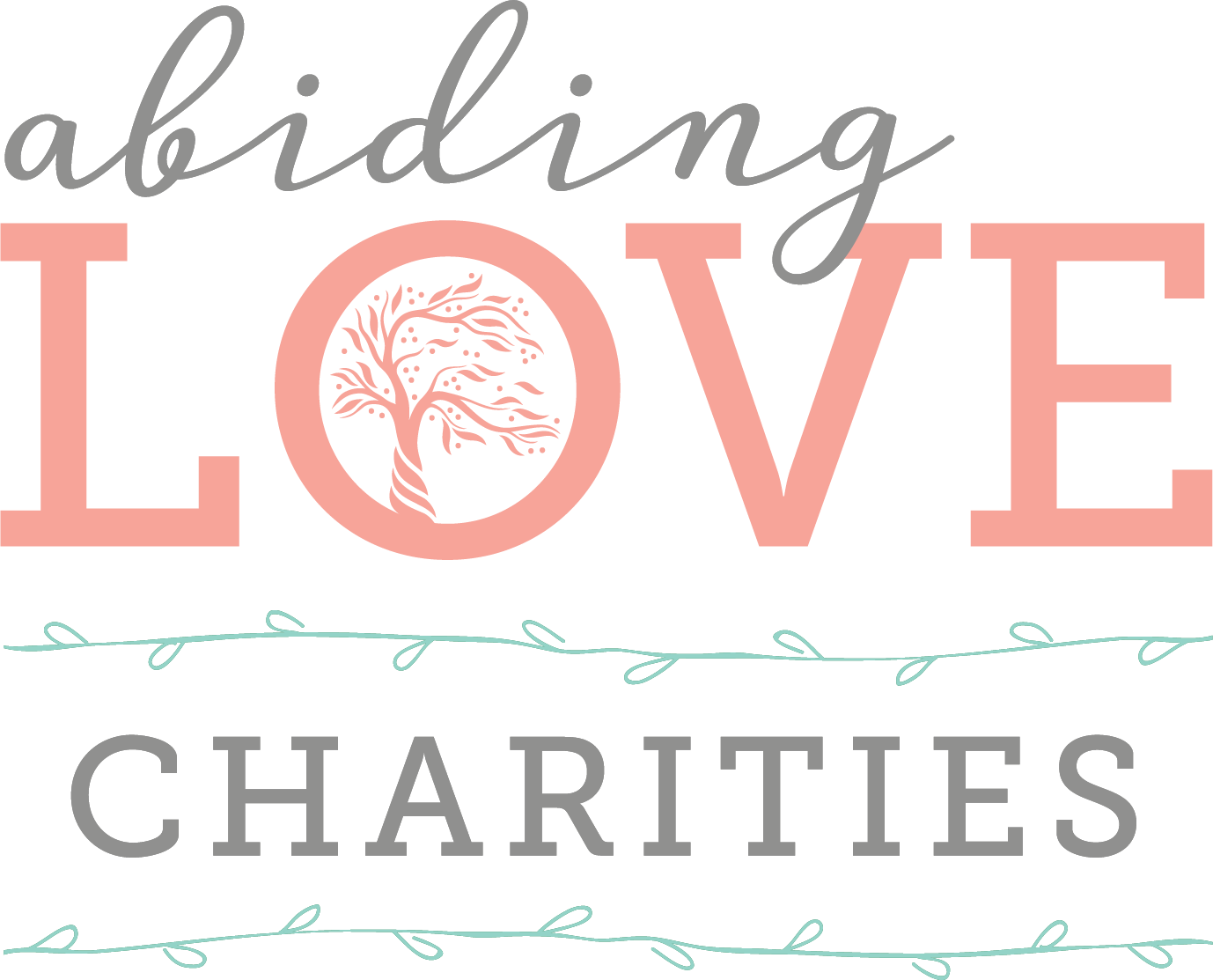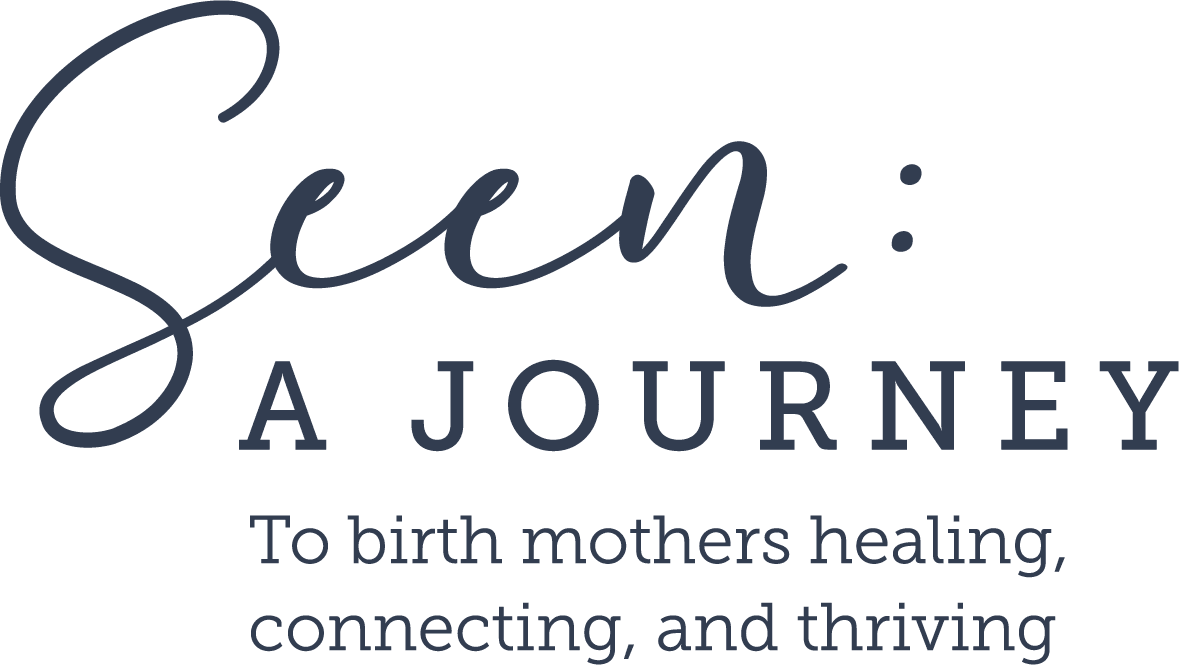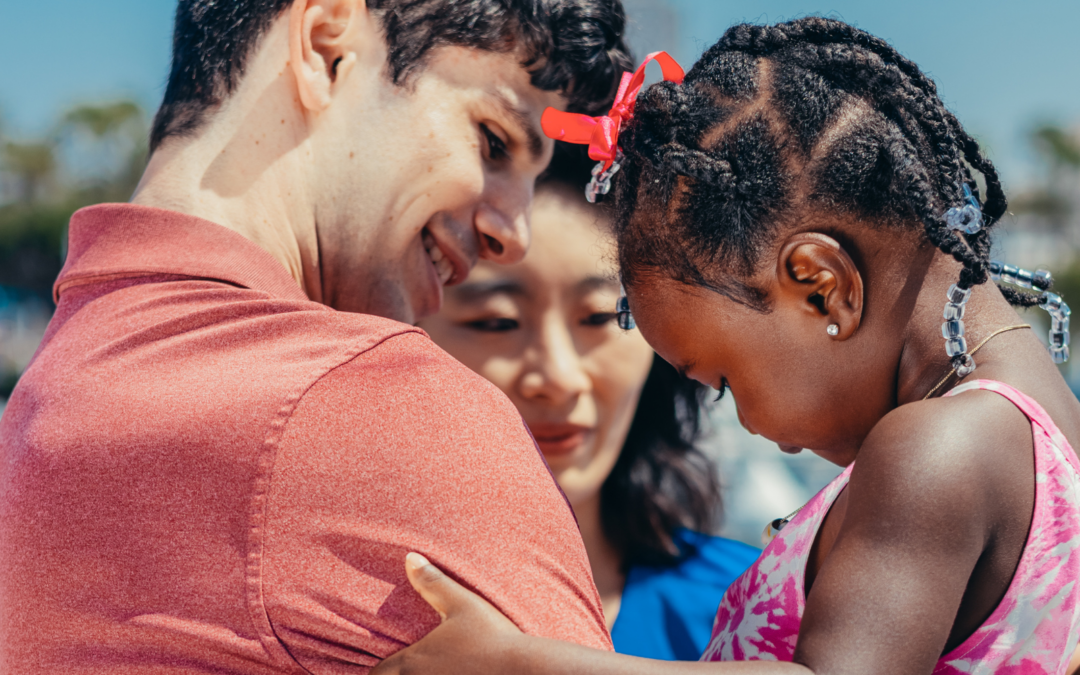I am tasked during Black History month to talk about race issues in transracial adoption from the perspective of an adoptive parent. I could talk about the importance of racial mirrors or acknowledging Historical figures. I could even talk about the importance of toys and books that are representative of your child’s Black culture. But, I am a Mexican woman, not a Black one. My voice in the realm of Black history and Black adoption does not merit an audience. So, I asked my friend Melissa if she could write something for me.
My husband and I met Melissa and her husband 4 years ago during an in-person adoption education training required by the state of Colorado. We were both hoping to adopt. We really hit it off, mainly because we both understood the enormous task of being the only one in the room. Meaning, that she was the only Black woman, and I, the only Latino woman present. Everyone else in that room was White, and everyone else in that room in one way or another said the cliche phrases we both distain hearing: “I don’t see color”, “I’ll love any baby no matter what race,” or “I have friends who are Black”, and “I have friends who are Brown,” etc, etc, etc. I knew that Melissa would have a unique perspective to address for you all, so I asked her if she’d take the time to talk about transracial adoption from her perspective. Here is what she gave me.
“Please list five pros and five cons of adopting an African American child and five pros/cons from the adopted child’s viewpoint of being adopted by a Caucasian family.”
Me:
I will never forget this question for as long as I live. Throughout our adoption journey, the application process seemed endless, and we were faced with questions that assumed the applicant was Caucasian.
I know society has us believe most couples who adopt are white, but that couldn’t be further from the truth for us. We understand there is a process involved with adoptions, but asking us to answer from the perspective of a culture that we don’t identify with, would be reckless.
Melissa:
It was never a question what ethnicity our child would be. As a couple who identifies as African American, we knew we would be raising a future Black woman or man. It’s important to us that our daughter learns what it means to be Black and a woman in America; to learn our history, celebrations and struggles that continue today. Who else could do that for her, but Black parents?
Before you come for my head, I’m not saying White couples/families cannot adopt Black children. What I’m saying is that White families should not adopt Black children if their first relationship with a Black person is with their child. Let me repeat that, your Black child should not be your first Black friend.
If you have not put in the work to make sure your child has racial mirrors consistently in their lives, you have not addressed your own racial biases, or live in a community where a vast majority of the population is White, and you have no significant relationships with Black people, just say no.
Agencies frequently ask if you have a racial preference? “Would you be open to raising a child of a different ethnicity?” Do not worry about how your agency will perceive you as hopeful adoptive parents. Be honest – you do not have the ability to raise a Black child. You’re not a horrible person if you say no. What you’re doing is saving a potential adoptee from further trauma. Adoption is trauma enough without adding to it racial isolation.
Listening to Transracial Adoptees (TRA), they frequently mention the feeling of being othered; of never quite fitting in. If you do not have an extensive and solid connection (language, history, experience, friends/family, consistent relationships) in a culture, don’t think you are qualified to adopt a child from that culture. Love is not enough when you live your whole life being ‘the only…’ and feeling singled out.
Now, I talked to Melissa, and I talked to Myrlene, our Director of Adoptee Relations whom herself is a TRA. We all agree on the importance of honesty in transracial adoptoin. If you do not feel equipped to raise a confident Black child, then be honest with your agency. It is better to say no than to say yes out of a feeling of obligation. If a parent feels they cannot confidently raise a Black child to their full potential and allow them to invest themselves in their culture, then they really should reevaluate their desire to say yes. A desire for a child should not outweigh the desire for the positive upbringing of that child.


